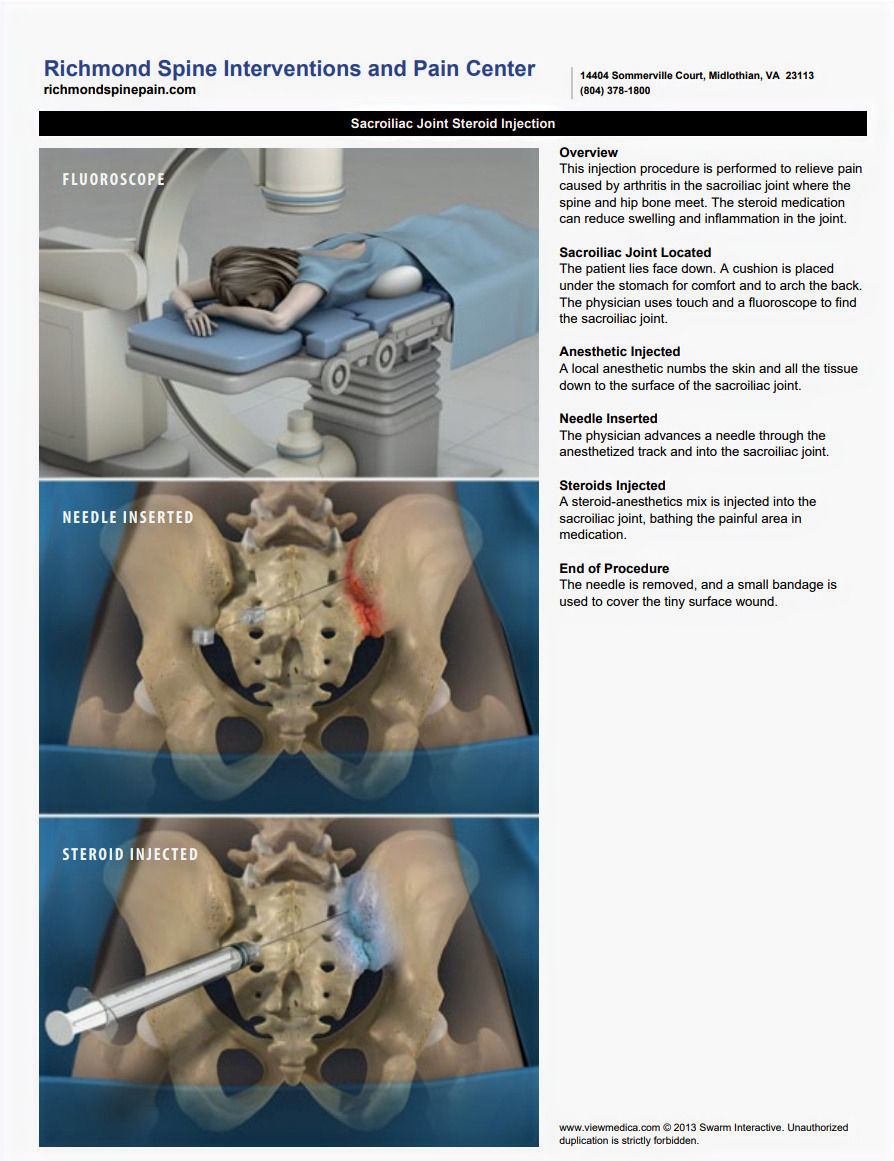COVID-19:Defense of the Older Adults
- RSIP

- Mar 25, 2020
- 2 min read

Older adults, 65 years and older, are at higher risk for severe illness. COVID-19 is a new disease and we are learning more about it every day.
What you can do
If you have a serious underlying medical condition:
Stay home if possible.
Wash your hands often.
Avoid close contact (6 feet, which is about two arm lengths) with people who are sick.
Clean and disinfect frequently touched surfaces.
Avoid all cruise travel and non-essential air travel.
Call your healthcare professional if you have concerns about COVID-19 and your underlying condition or if you are sick.
For more information on steps you can take to protect yourself, see CDC’s How to Protect Yourself
8 out of 10 deaths reported in the U.S. have been in adults 65 years old and older

Among adults with confirmed COVID-19 reported in the U.S.:
Estimated percent requiring hospitalization
31-70% of adults 85 years old and older
31-59% of adults 65-84 years old
Estimated percent requiring admission to intensive care unit
6-29% of adults 85 years old and older
11-31% of adults 65-84 years old
Estimated percent who died
10-27% of adults 85 years old and older
4-11% of adults 65-84 years old
Stress and coping
Older people are at higher risk for severe illness from COVID-19 which may result in increased stress during a crisis.
Fear and anxiety about the COVID-19 pandemic can be overwhelming and cause strong emotions.
Things you can do to support yourself
Take breaks from watching, reading, or listening to news stories and social media. Hearing about the pandemic repeatedly can be upsetting.
Take care of your body. Take deep breaths, stretch, or meditate. Try to eat healthy, well-balanced meals, exercise regularly, get plenty of sleep, and avoid alcohol and drugs.
Make time to unwind. Try to do some other activities you enjoy.
Connect with others. Talk with people you trust about your concerns and how you are feeling.
Call your healthcare provider if stress gets in the way of your daily activities for several days in a row.
If you, or someone you care about, are feeling overwhelmed with emotions like sadness, depression, or anxiety, or feel like you want to harm yourself or others call
911
Substance Abuse and Mental Health Services Administration’s (SAMHSA’s) Disaster Distress Helpline: 1-800-985-5990 or text TalkWithUs to 66746. (TTY 1-800-846-8517)
Reference: cdc.gov/coronavirus/2019-ncov




Comments